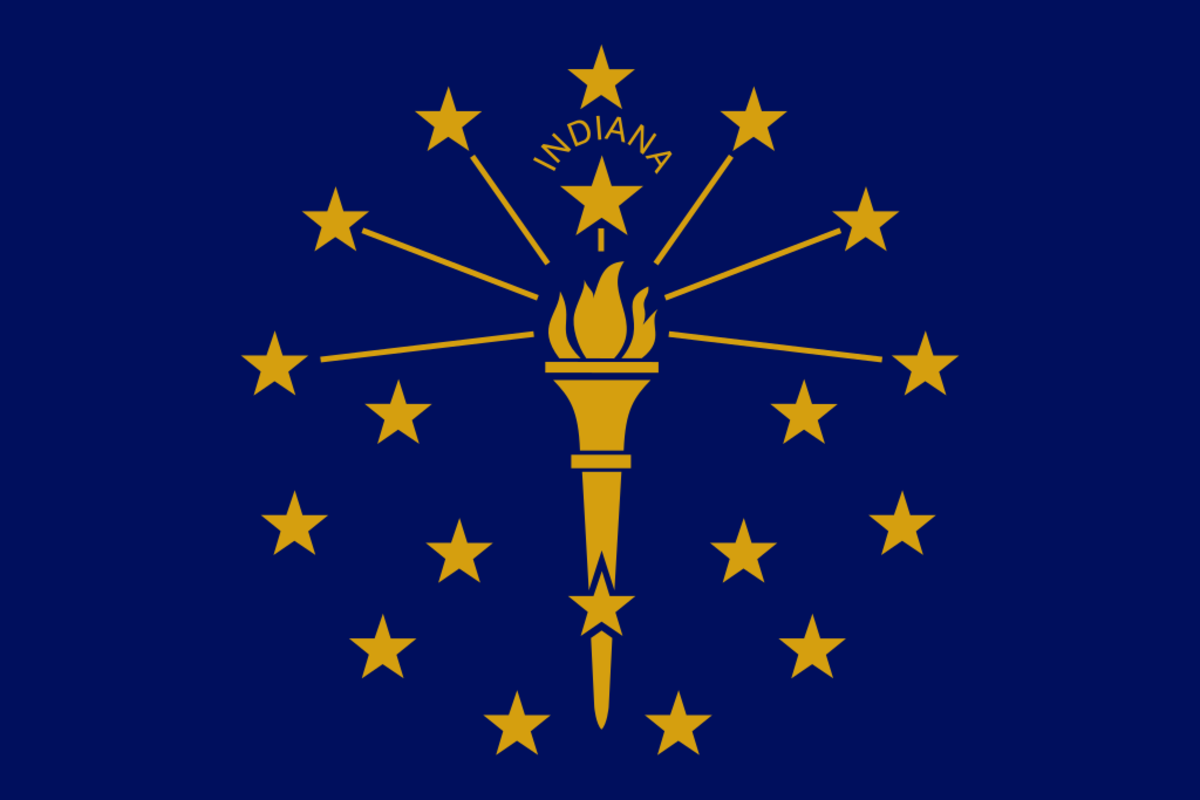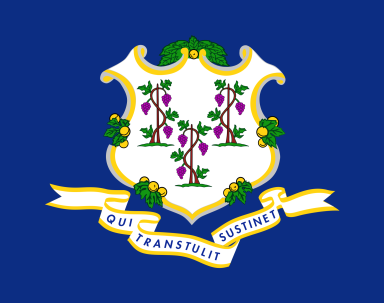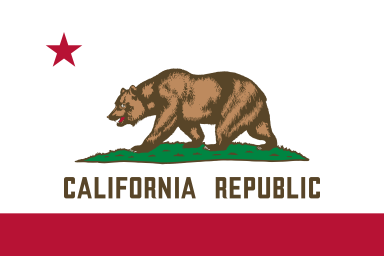Motorcycle riding and touring are popular activities enjoyed by many in Indiana, as it is home to the Indianapolis 500, one of the largest sporting events in the world. However, as with any mode of transportation, motorcycle accidents can and do happen within the state.
According to data from the Indiana University Public Policy Institute, there were 2,785 motorcycle crashes in Indiana in 2020, an increase from 2,582 in 2019. These crashes resulted in 1,969 non-fatal injuries and 138 fatal ones, with 71% of motorcycle riders involved in multi-vehicle collisions.
While motorcycle accidents can happen anywhere, certain roads in Indiana tend to be more dangerous than others for riders. The winding streets of Brown County are popular among riders but also pose a higher risk of accidents due to their sharp curves and narrow lanes. Brown County had 68 motorcyclists per 1,000 individuals involved in Indiana collisions, the highest in the state. Additionally, highways such as Interstate 65, Interstate 70, and Interstate 80 see a high traffic volume and have a higher incidence of motorcycle accidents.
Riders must be aware of Indiana's motorcycle laws and take necessary precautions to ensure their safety. This article will provide an overview of Indiana's motorcycle laws and legal resources for people involved in accidents.
Indiana Motorcycle Driver’s License Endorsement
Individuals wishing to operate a motorcycle on Indiana public roads must obtain a driver's license endorsement. Acquiring a license endorsement for motorcycle driving in Indiana is a process that involves both knowledge and skills testing. You must be at least 16 years of age to apply for a motorcycle learner's permit. Once you have held the learner's permit for at least 180 days and are at least 16 years and 90 days old, you are eligible to take the skills test and obtain your motorcycle license endorsement.
Alternatively, if you complete an approved motorcycle safety course, you may be eligible to waive the skills test requirement and secure a motorcycle license endorsement immediately upon completion. To qualify for the waiver, you must choose a course at an authorized Ride Safe Indiana training location that covers classroom instruction and on-cycle training.
Note that Indiana's motorcycle driver's license endorsement is not a separate license but an endorsement added to the existing driver's license. This means the same driving privileges, restrictions, and penalties apply to the individual's car and motorcycle use.
Ride Safe Indiana Motorcycle Safety Training
Ride Safe Indiana is a motorcycle safety training program by the Indiana Bureau of Motor Vehicles. It is designed to provide new and experienced riders with the skills and knowledge to operate a motorcycle safely and responsibly on Indiana's roads.
The program consists of both classroom instruction and hands-on riding practice. The classroom portion covers topics such as motorcycle controls, riding gear, defensive driving, and the effects of drugs and alcohol on motorcycle operations. Meanwhile, the hands-on part takes place in a controlled environment, such as a parking lot, and includes exercises such as starting and stopping, turning, and emergency braking.
To participate in the Ride Safe Indiana program, you must hold a valid Indiana driver's license or motorcycle permit. The program is open to riders of all skill levels, from beginners to experienced riders looking to improve their skills.
Indiana Motorcycle Gear and Equipment Requirements
Motorcycle riders and passengers in Indiana are required to wear certain types of protective gear and equipment while riding. As mentioned in the 2020 motorcycle collision data, 59% of motorcyclists who were not wearing helmets experienced fatal or incapacitating injuries.
Specifically, the law requires that helmets meet the standards set by the US Department of Transportation (US DOT) under 49 CFR 571.218. The helmet law specifically applies to riders aged 18 and below, but it is advised that all riders must wear helmets since helmeted riders are known to be three times more likely to survive head injuries than unhelmeted riders. Motorcyclists must also wear goggles, protective glasses, or transparent face shields unless their motorcycle has a windscreen that provides adequate eye protection. This helps prevent eye injuries and improves visibility while riding.
In addition to protective gear, Indiana law requires that all motorcycles be equipped with certain safety features. These include brakes, footrests, lamps, and reflectors. Brakes should be working on both the front and rear wheels, both the passenger and operator must have working footrests or pegs, and lamps and reflectors must meet US DOT standards. Furthermore, a rearview mirror is required, which must provide a view of the road behind the motorcycle. At least one headlight and one taillight visible from at least 500 feet away are also needed.
By complying with these requirements, motorcyclists can help reduce their risk of accidents and stay safe while riding on Indiana roads.
Indiana Motorcycle DUI Law
Based on data from the 2020 motorcycle collisions report, 51% of motorcycle drivers in single‐vehicle crashes and 25% in multi‐vehicle crashes were alcohol-impaired. For this reason, operating a motorcycle under the influence of alcohol or drugs is a serious offense in Indiana and can result in criminal charges and significant penalties. Indiana's DUI law applies to all drivers, including those who are operating motorcycles.
Under Indiana law, a person is considered to be driving under the influence if his blood alcohol content (BAC) is 0.08% or higher. For drivers under the age of 21, a BAC of 0.02% or higher can result in DUI charges.
If a motorcyclist is pulled over and found to be under the influence, he is considered to have committed a Class C misdemeanor. A first offense may lead to a driver’s license suspension for up to two years, jail time of up to one year, and fines of $5,000. For second and subsequent offenses, fines may reach $10,000, while other penalties include license suspension of up to 10 years and imprisonment not exceeding three years. If a motorcycle driver is found to operate a vehicle in a way that endangers another person, he may be charged with a Class A misdemeanor.
In addition, the motorcyclist may be required to attend alcohol or drug education programs and have an ignition interlock device installed on his motorcycle.
Motorcyclists are mandated to understand the serious consequences of driving under the influence and to always ride sober. Even a small amount of alcohol or drugs can impair a rider's judgment, reaction time, and coordination, increasing his risk of a serious accident.
If you or someone you know has been charged with DUI while operating a motorcycle in Indiana, it is important to seek the advice of an experienced attorney who can help navigate the legal system and protect your rights.
Indiana Implied Consent Law
Indiana has an implied consent law requiring all drivers, including motorcycle riders, to submit to chemical testing if they are suspected of driving under the influence. By obtaining a driver's license in Indiana, motorists give their implied consent to submit to chemical testing if they are pulled over on suspicion of DUI.
If a motorcyclist refuses to submit to chemical testing, he may face an automatic license suspension. Motorcycle drivers need to have a clear understanding of their rights and obligations under Indiana's implied consent law.
Indiana Motorcycle Speeding Law
A total of 15,033 speed-related collisions were recorded, accounting for 9% of all Indiana collisions in 2020 and 25% of all fatal crashes across the state. To prevent more speeding incidents, the government subjects motorcycle riders to the same speeding laws as all other motorists. Indiana has established specific speed limits for different types of roads and areas, and motorcyclists are expected to obey these limits.
Speeding is defined as driving at a speed greater than what is reasonable or prudent under the conditions and circumstances present. A violation for speeding is considered a Class C infraction, and the penalties depend on the severity of the offense. More serious offenses may lead to demerit points and license suspensions.
Excessive speeding can also cause reckless driving charges with even more severe penalties. For example, if a motorcyclist drives more than 25 mph over the speed limit, he can be charged with reckless driving, which is a Class B misdemeanor.
Motorcyclists are required to obey posted speed limits and to adjust their speed according to the road and weather conditions. Following the speed limit and exercising caution while riding can help prevent accidents and injuries to pedestrians and other riders.
Indiana Motorcycle Lane Splitting Law
Lane splitting is when a motorcycle driver rides between two lanes of traffic moving in the same direction. The Indiana lane-splitting law prohibits this and states that all vehicles, including motorcycles, must be driven within a single lane of traffic.
Motorcyclists who attempt to split lanes may risk colliding with other vehicles or losing control of their motorcycles. Other drivers may also not expect a motorcycle to be traveling between lanes, which can lead to unexpected collisions.
Motorcyclists must use caution and judgment when deciding whether to split lanes. It is generally safest to stay within a single traffic lane, even if that means waiting in traffic like other vehicles. Strictly adhering to lane-splitting regulations and using common sense enable motorcyclists to avoid untoward incidents while traveling in Indiana.
Indiana Motorcycle Insurance Requirements
All motorcycle riders are required by law to carry a minimum amount of liability insurance. Specifically, Indiana law mandates that motorcyclists have minimum liability insurance coverage in the following amounts:
$25,000 for bodily injury or death of one person in any one accident
$50,000 for bodily injury or death of two or more persons in any one accident
$25,000 for property damage in any one accident
Liability insurance is designed to provide financial protection for other motorists if a motorcycle rider is at fault in an accident. If a motorcyclist causes an accident that results in injuries or property damage to others, his insurance policy can help cover the costs of medical bills, property repair or replacement, and other related expenses.
Motorcycle owners may also purchase other types of insurance policies to cover vintage motorcycles and custom parts, collisions, medical payments, and uninsured or underinsured motorists.
It is necessary for motorcyclists to carry the required insurance coverage, as failing to do so can result in a $250 fee and a license suspension of up to 90 days. Additionally, adequate insurance coverage can provide peace of mind and financial protection in the event of an accident.
How Much Can Someone Sue for a Motorcycle Accident in Indiana?
Individuals who are injured in a motorcycle-related accident in Indiana can file claims to be compensated for any damages they have incurred in the incident. For personal injury cases, the state did not impose any limits on compensation for both economic and non-economic damages. This means the injured victim may sue for medical expenses, lost wages, emotional distress, and loss of enjoyment of life.
However, there are some instances where the state limits the compensation, like a $700,000 damages cap on claims against the state for cases involving personal injury and a $300,000 cap on wrongful death claims.
While damages caps may limit the amount of compensation that can be recovered in some cases, a personal injury attorney can help facilitate the legal process and work to maximize the amount of payment awarded to an accident victim.
Indiana Statute of Limitations for Motorcycle Accidents
The statute of limitations in Indiana for personal injury claims involving motorcycle accidents is two years from the date of the accident. Injured parties should understand the statute of limitations because failing to file a lawsuit within this timeframe can result in the case being dismissed and the injured party being barred from seeking compensation.
It is important to act promptly to protect your legal rights by consulting with an experienced personal injury attorney to understand the applicable statute of limitations and take appropriate legal action on time.
Indiana Is a Fault State for Insurance Claims
Indiana is a fault state regarding insurance claims related to motorcycle accidents, meaning the person determined to be at fault is responsible for paying the damages resulting from the accident.
Since motorcycle riders are required to carry liability insurance in Indiana, if a motorcycle accident occurs and the rider is deemed at fault, his insurance company will be in charge of paying damages to the injured parties up to the policy’s limits.
On the other hand, if a motorcycle rider is injured and the other driver is found to be at fault, the injured rider may file a claim against the driver's insurance company to seek compensation for his losses.
Indiana Is a Modified Comparative Negligence State for Motorcycle Accident Lawsuits
Indiana is a modified comparative negligence state for motorcycle accident lawsuits. If a motorcyclist is found to be partially at fault for an accident, his ability to recover damages may be limited or eliminated entirely.
If a person is found to be more than 50% at fault for an accident, he may not recover any damages. If he is found to be 50% or less at fault, his damages award will be reduced in proportion to his degree of responsibility.
To better illustrate, if a motorcyclist was found to be 20% at fault for an accident, the damages awarded to him would be reduced by 20%. If the damages amounted to $100,000, he could only recover $80,000.
Modified comparative negligence can be a complex legal issue in motorcycle accident cases. Contacting a skilled personal injury lawyer is essential for injured motorcyclists to maneuver through the legal proceedings and safeguard their rights. An attorney can help gather evidence, negotiate with insurance companies, and advocate for fair compensation on behalf of the injured motorcyclist.
Legal Resources for Indiana Motorcycle Accident Victims
Indiana State Bar Association Lawyer Referral
The Indiana State Bar Association maintains a directory of attorneys specializing in various areas of the law, including personal injury, which covers motorcycle accidents. It connects individuals and families to attorneys specializing in personal injury law and can provide counsel throughout the legal process.
Indiana Legal Help
Indiana Legal Help offers a wide range of resources and tools to help Hoosiers navigate the legal system and understand their rights and responsibilities. The website provides information on how to file a personal injury claim for motorcycle accident victims, including what to expect during the legal process and how to find a qualified personal injury attorney.
Indianapolis Legal Aid Society
Indiana Legal Assistance Services (ILAS) is a nonprofit organization that provides legal advice and representation to low-income individuals. With offices located throughout the state, ILAS works to ensure that everyone has access to legal aid and advocacy, regardless of their financial situation. It can be a valuable resource for motorcycle accident victims and their families, especially those facing economic challenges due to medical bills and lost income.
Indiana Crash Report Resources
The Indiana State Police maintain a comprehensive database of crash reports for accidents within the state. This database covers information on all types of motor vehicle accidents, such as those involving motorcycles. Motorcycle accident victims can use the site to obtain information about the circumstances surrounding their accident, including details like the time, date, location, and information about other vehicles and individuals involved.
Indiana Motorcycle Operators Manual
The Indiana Motorcycle Operator's Manual is a comprehensive reference that covers everything from motorcycle controls and safety gear to defensive driving techniques and the effects of drugs and alcohol on motorcycle operations. For motorcycle drivers, this manual can be particularly helpful in understanding the causes of motorcycle accidents and the ways they can be prevented. Riders can take steps to protect themselves and reduce the risk of accidents and injuries.
INDOT Trafficwise
Trafficwise or 511 Indiana provides real-time traffic and travel information throughout the state. It can be used by motorcycle riders who want to plan their routes and avoid traffic congestion or road hazards that may pose a higher risk of accidents or delays. The site offers up-to-date details on traffic incidents, road closures, construction zones, and other factors that can impact travel times and safety.
Step into the world of Expertise.com, your go-to hub for credible insights. We don't take accuracy lightly around here. Our squad of expert reviewers, each a maestro in their field, has given the green light to every single article you'll find. From rigorous fact-checking to meticulous evaluations of service providers, we've got it all covered. So feel free to dive in and explore. The information you'll uncover has been stamped with the seal of approval by our top-notch experts.





